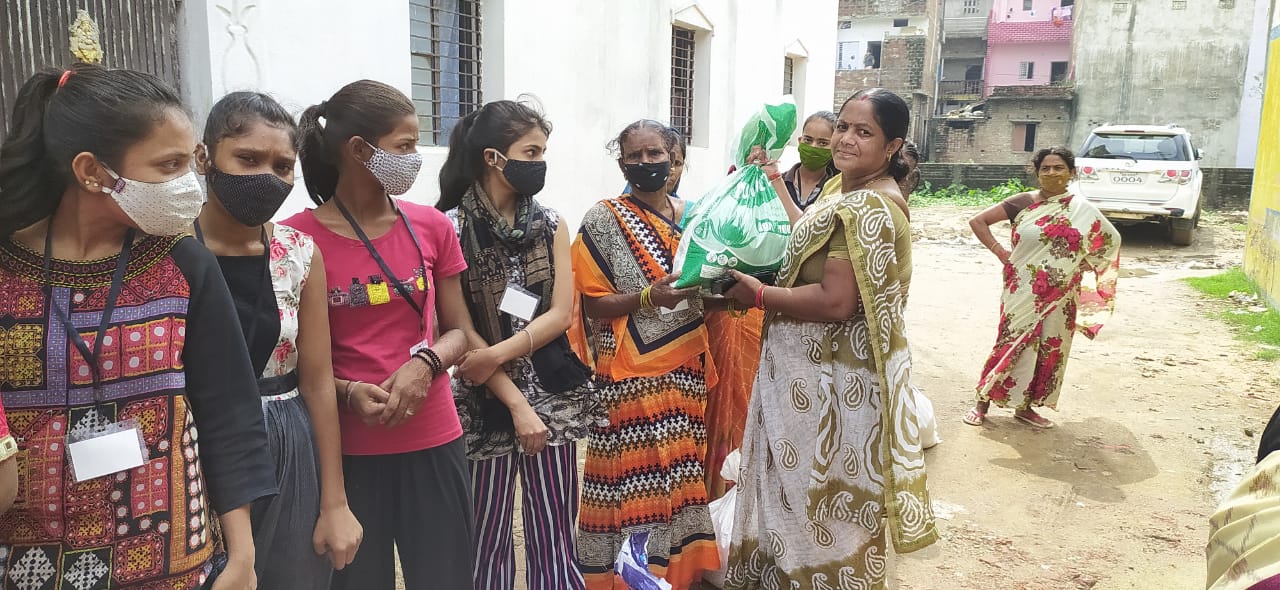 Children on the Edge works in coalition with local communities in some of the toughest places in the world, transforming the lives of marginalised children by creating protective environments where they can safely live, play, learn and grow. It will come as no surprise that our focus in 2020-2021 has been responding to the coronavirus pandemic and it’s devastating effects in every area where we work.
OUR IMPACT1. CREATING PROTECTIVE ENVIRONMENTS |
| MYANMAR In Myanmar, all 15 Early Childhood Development Centres have had new play materials and 104 Committee members have received training and advice to help them continue improving the centres with renovations and new supplies. Parenting workshops have been facilitated every other month for 29 parents, changing attitudes for the better. 32 teachers have been on a five day refresher training course to ensure their knowledge and practice is up to date. |
| UGANDA - KYAKA II In Kyaka II refugee settlement in Uganda, Covid-safe teacher training was given to 90 teachers and 90 more teachers were recruited to help support a new cluster learning programme. Building of new Early Childhood Development Centres commenced on six sites using sustainable methods and refugee apprentices. Child Protection training was given for 70 key participants of the programme and 294 people involved with managing the Early Childhood Development centres were trained on child rights, gender responsiveness and child abuse. |
| UGANDA - JINJA In Uganda, Child Protection Teams across five slum communities in Jinja received extra training and community workshops were held for over 800 people to help combat and address the rise in domestic violence and throughout lockdown. Attendance at regular community workshops more than doubled in Loco, Masese I and Wandago and Child Protection Team training attendance across all areas increased from 79% to 98%. |
The campaign to protect children from child sacrifice at the national level through the passing of The Prevention and Prohibition of Human Sacrifice Bill 2020 continued, making significant progress.
| INDIA In India, our mobile mentoring programme arranged focused discussions between children and parents to help them cope with lockdown and to identify instances of child abuse both at home and in the community. We learned a lot about the huge amount of stress and anxiety being faced by the children in our project areas throughout this time and designed a number of extra programmes and events to engage children in fun activities to help them overcome their fears and manage their feelings. |
As a result of widespread research, training, campaigning and tracking of trafficking cases through a new helpline, there was a direct increase in community vigilance. 80 Women’s Groups trained on saving and small business loans in order to provide for their children, and learned about parenting and preventing domestic abuse and child marriage.
| BANGLADESH In Bangladesh a new learning centre for 200 children was constructed in Cox's Bazar. The classrooms have removable partitions to allow for larger parents meetings to take place. Teachers continued to receive their monthly refresher training where they focus on skills, attitudes and behaviours as well as how to develop strong teacher-student relationships. |
| LEBANON In Lebanon, a 'Shine for Girls' programme was established for girls aged 12-14 to help develop their self esteem and confidence. Vocational classes covering IT, crafts, sewing, sport, dance and carpentry were offered to children in addition to their normal lessons. Parents described how their home environments have become calmer and more positive as a result of the school improving self esteem and happiness of their children. |
2. EMERGENCY RELIEF
| INDIA In India, thanks to support from our donors, we provided 7,420 food parcels including rice, lentils, oil and soap, to struggling households during lockdown, and conducted extensive campaigns on hand washing and how to prevent the virus spreading in the areas where we work. 350 people in the communities most adversely affected by COVID restrictions were provided with blankets, clothes, household resources, educational support and medical help. |
Women’s Groups directly increased the resilience of nearly 1,000 families throughout lockdown, inspiring 490 new membership applications from friends and neighbours.
| BANGLADESH In Bangladesh, we provided emergency food parcels to 3,000 households in Cox's Bazar who were struggling during lockdown. Permission to break lockdown restrictions for food distribution was negotiated with the Bangladeshi government over a tense couple of weeks. Each parcel contained rice, pulses, oil, salt, sugar, semolina and soap, enough to last a family about a month. |
| MYANMAR Our partners worked with the Emergency Response Team to build awareness of the virus and how to stay safe, installing hand washing stations in the camps where we work. Every year in Myanmar, we provide warm clothes and shoes for the young children who attend our Early Childhood Development Centres to help them manage in the poor seasonal weather when it gets very cold and very wet and muddy. Raincoats and wellington boots were provided to 440 children and 412 children were also provided with warm clothes including jackets, trousers, hats, boots and socks. |
| LEBANON In Lebanon, our partners delivered food for over 1,000 Lebanese and Syrian refugee families struggling through lockdown. In the midst of the pandemic we also contributed to the work of our partners in the aftermath of the Beirut blast, providing emergency supplies to 750 affected families and repairs to 520 damaged homes. |
3. EDUCATION THROUGH LOCKDOWN
| INDIA In India, 31 teachers in 31 Learning Centres (four new this year) provided education for 971 children through lockdown, making the most of limited digital technology, small batch classes in homes and outside, along with home visits. |
| BANGLADESH In Bangladesh, learning continued for 8,900 students who were taught at home or through small community batch lessons. Two new staff members created digital lessons and videos to build awareness of coronavirus and how to stay safe. 81% of children interviewed said they continued to teach friends and family what they learned in school. |
| UGANDA - JINJA In Uganda, whilst our two Early Childhood Development Centres in Jinja shut their doors, teachers made home visits and offered doorstep lessons. Home learning packs were delivered to 180 children and parents were given training to support home learning. 91% of parents reported children worked well in home lessons and they were pleased with their progress, including positive changes like improved handwriting, reading, counting, matching and drawing. |
| UGANDA - KYAKA II In Uganda, in Kyaka II refugee settlement home learning packs were delivered to 4,500 children in response to the closure of our Early Childhood Development Centres through lockdown. Teachers made home visits to check in on children and support parents with home learning. Radio lessons were aired five times a week and we distributed 200 solar powered radios for households who needed them. |
| LEBANON In Lebanon, through repeated lockdowns, a combination of learning in shifts at the school building, online and mobile phone lessons and home learning in refugee camps ensured 211 children continued to get an education. Homework packs were delivered to childrens’ homes by school bus drivers and teachers visited the children regularly to check on them. Vocational classes in IT, sewing, carpentry and sports were provided for the children, with hundreds taking part. 140 students were able to take Arabic, Maths and English exams in August. 85% passed, which is exceptional considering all the challenges they have faced. |
4. CHILDREN LEADING THE WAY
| INDIA In India, 10 Child Parliaments grew in confidence and took the lead in identifying vulnerable households in need of support during lockdown. They continued to teach hundreds of children about their rights and were supported to advocate for change with their peers and communities; tackling the issue of rising domestic abuse and training communities on hygiene and hand washing to reduce the spread of the virus. |
12 year old Soni conducted her own safety awareness campaign, making masks for many people in her village.
| BANGLADESH In Bangladesh, the children worked with digital staff to create videos to help the community understand and prevent the spread of the virus. Child Councils were taught about the dangers of the virus; the children then disseminated information to their classes and throughout their communities. |
| UGANDA In Uganda, Child Rights Clubs in Loco, Wandago and Masese I give children the opportunity to express themselves and begin to play an active role in their communities. They have tripled in membership this year and been growing in confidence, and despite lockdown restrictions, have been very active, being the ears and eyes of their peers and working hand in hand with the Child Protection Teams to identify children at risk and intervene where necessary. |
| LEBANON In Lebanon, 13 Grade 9 students passed their high school exams, bravely crossing the border into Syria to take them and inspiring those in the lower years that taking the exams can be a reality. The older members took responsibility on the trip and led the group in the adventure. All 13 passed and three made it onto a prestigious honours list. |
THE NUMBERS
For every £1 donated to Children on the Edge, 89p is spent on our projects supporting marginalised children, and 11p is spent on fundraising the next £1.
Our donors responded with huge generosity to the increased need created by the COVID pandemic. We grew our income by just over 5% on the previous year to £2,353,525 which enabled us to maintain programmes and respond directly to the needs of the crisis.
We do not engage the services of ‘professional fundraising’ businesses; all our fundraising activity is delivered by our own fundraising team. We do work with commercial participators; when doing so conducting due diligence and reviewing agreements annually.
EXPENDITURE
Overall programme spending has increased by over just over 30% to £1,895,951. During the COVID pandemic we maintained 100% spending on overseas staff salaries.
Some small savings were made on programme running costs but were negated by increased spending on our COVID response to either create new learning opportunities or to respond to the immediate needs of the crisis. Spending in Lebanon increased due to a grant from the People’s Postcode Lottery.
FUNDRAISING HIGHLIGHTS
As the UK went into lockdown in March 2020, at the start of our financial year, we focused our time and resources into building strong relationships with our supporters; and increasing the ways we could connect with them online.
This approach enabled us to pivot so many face to face fundraising events into virtual events which helped us to raise an incredible £864,552 with our partnership with The Body Shop at Home. We are so grateful to our growing “Ambassador” programme within the partnership that helped to champion so much virtual fundraising in 2020.
Without physical events, our supporters were creative in raising funds virtually, and most significantly we were delighted to have so many children supporting the charity in 2020 with virtual runs and walks.
We are grateful to so many grant makers and individuals who generously responded to the COVID-19 crisis and donated to help us respond to the emergent and ever changing needs of the communities we support.
We were delighted to be awarded a second grant from the Postcode Global Trust; a significant investment of £250,000. We are so thankful to players of the People’s Postcode Lottery which funds the Postcode Global Trust. Funds will support safe spaces and quality education for Syrian children and boost our Early Years education programme with Congolese refugee children in Kyaka II.
We ran our second matched giving campaign with The Big Give in December 2020, investing in education for Dalit children in India. With thanks to matching funders; The Charles Jacob Charitable Trust, Pacific Star Charitable Trust and The Coles-Medlock Foundation, we were able to connect with new donors, inspire more than 150 donations and raise an incredible £44,432 during the campaign.
THANK YOU
This is only possible because of the ongoing generosity of supporters, from one-off donors, to those who give every month, businesses of all sizes, trusts and institutional funders as well as those who give their time in the office or at events.
We deeply appreciate every single one of you. Thank you.
Support us
Leave a Reply.
RECEIVE OUR EMAILS
Blog Categories
All
Ambassadors
Bangladesh
Bhasan Char
Burma/Myanmar
Chichester
Child Participation
Child Protection Team
Child Rights
Child Sacrifice
Cluster Learning
Coronavirus
Dalit
Digital Education
Early Childhood Development
Education Loans
Fundraising
General
#GetToKnowUs
History
Hope
Humanitarian Relief
India
Kachin
Karamoja
Kyaka II Uganda
Lebanon
Moja Kids
Postcode Lottery
Protective Environments
Refugees
Rohingya
Romania & Moldova
Schools
Storytellers
The Body Shop At Home
#ThrowbackThursday
Uganda
UK
Ukraine
Volunteer
Women's Rights
Archives
July 2024
June 2024
April 2024
March 2024
February 2024
January 2024
December 2023
November 2023
October 2023
September 2023
August 2023
July 2023
June 2023
May 2023
April 2023
March 2023
February 2023
January 2023
December 2022
November 2022
October 2022
September 2022
August 2022
July 2022
June 2022
May 2022
April 2022
March 2022
February 2022
January 2022
December 2021
November 2021
October 2021
September 2021
August 2021
July 2021
June 2021
May 2021
April 2021
March 2021
February 2021
January 2021
December 2020
November 2020
October 2020
September 2020
August 2020
July 2020
June 2020
May 2020
April 2020
March 2020
February 2020
January 2020
December 2019
November 2019
October 2019
September 2019
August 2019
July 2019
June 2019
May 2019
April 2019
March 2019
February 2019
January 2019
December 2018
November 2018
October 2018
September 2018
August 2018
July 2018
June 2018
May 2018
April 2018
March 2018
February 2018
January 2018
December 2017
November 2017
October 2017
September 2017
August 2017
July 2017
June 2017
May 2017
April 2017
March 2017
February 2017
January 2017
December 2016
November 2016
October 2016
September 2016
August 2016
July 2016
June 2016
May 2016
April 2016
March 2016
February 2016
January 2016
December 2015
November 2015
October 2015
September 2015
August 2015
July 2015
June 2015
May 2015
April 2015
March 2015
February 2015
January 2015
December 2014
November 2014
October 2014
September 2014
August 2014
July 2014
June 2014
May 2014
April 2014
March 2014
February 2014
January 2014
December 2013
November 2013
October 2013
September 2013
August 2013
July 2013
June 2013
May 2013
April 2013
March 2013
February 2013
January 2013
December 2012
November 2012
October 2012
September 2012
July 2012
June 2012
May 2012
April 2012
March 2012
February 2012
January 2012
December 2011
November 2011
October 2011
September 2011
August 2011
June 2011
May 2011
April 2011


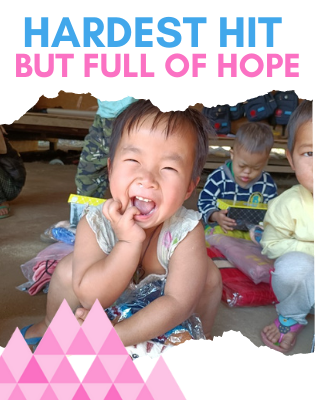
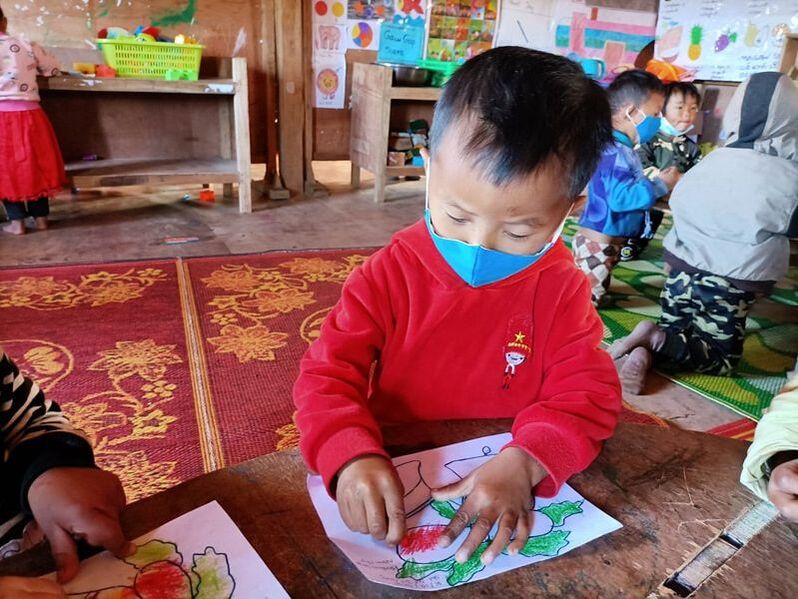
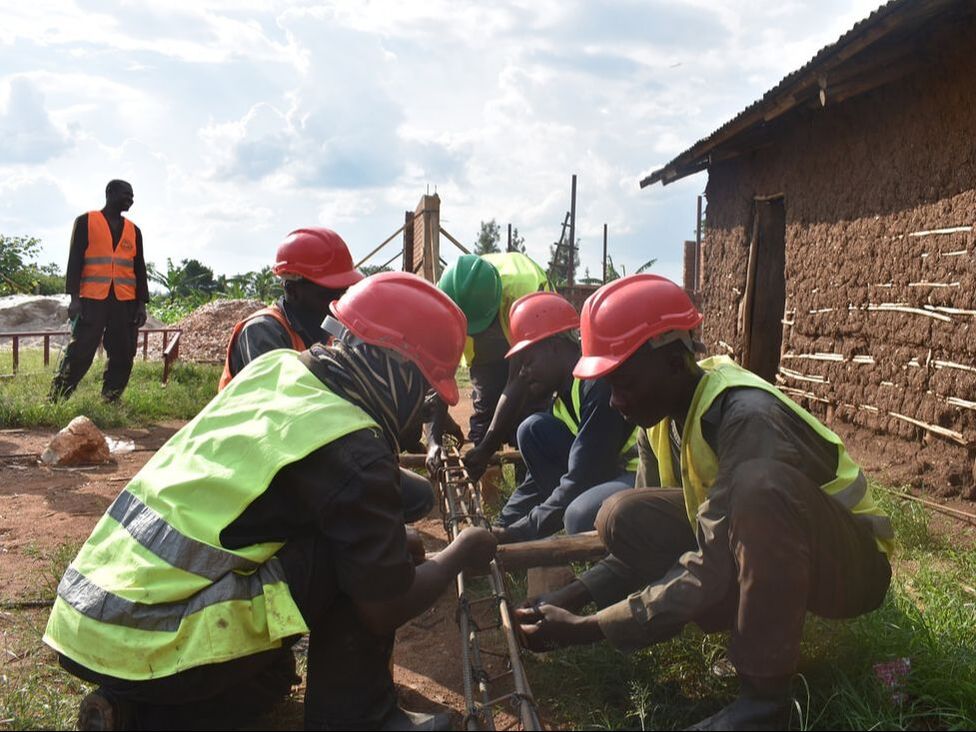
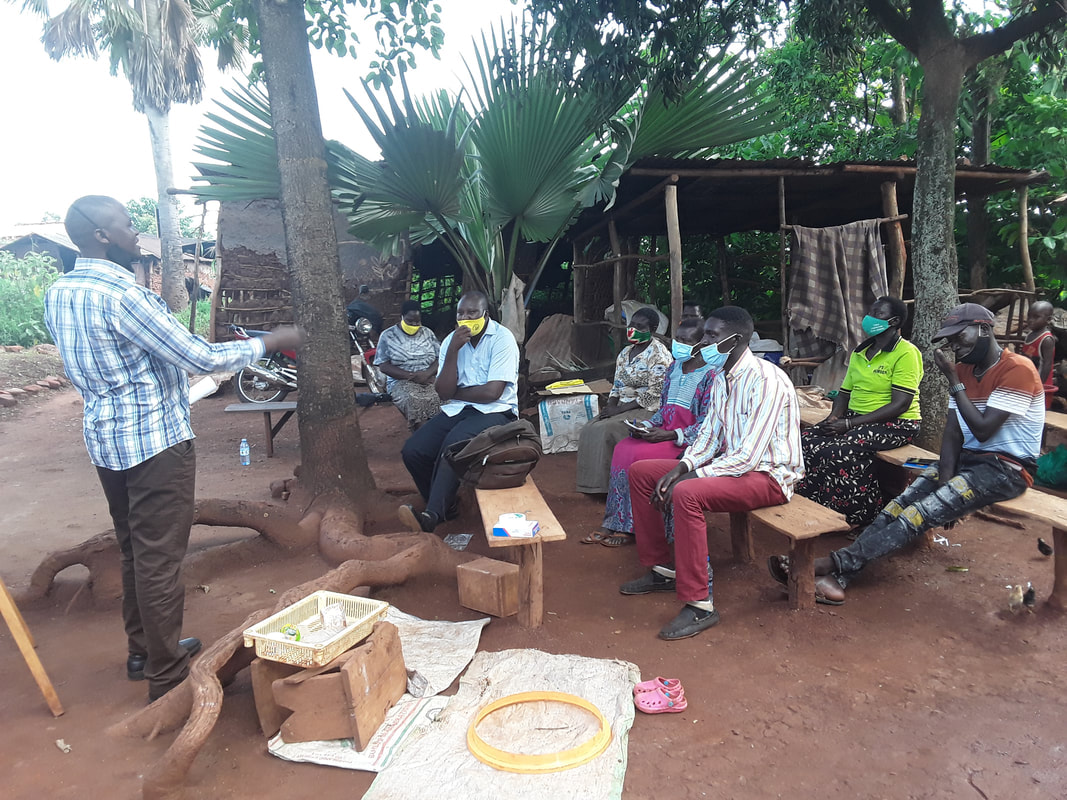
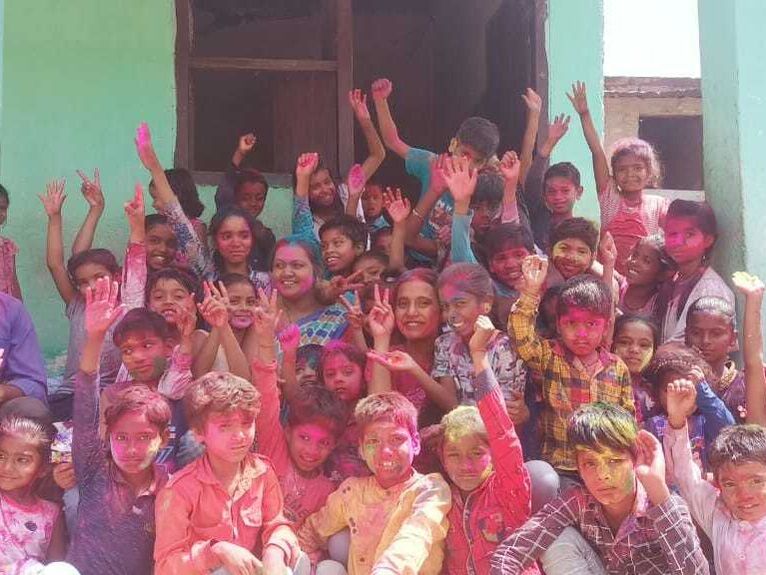
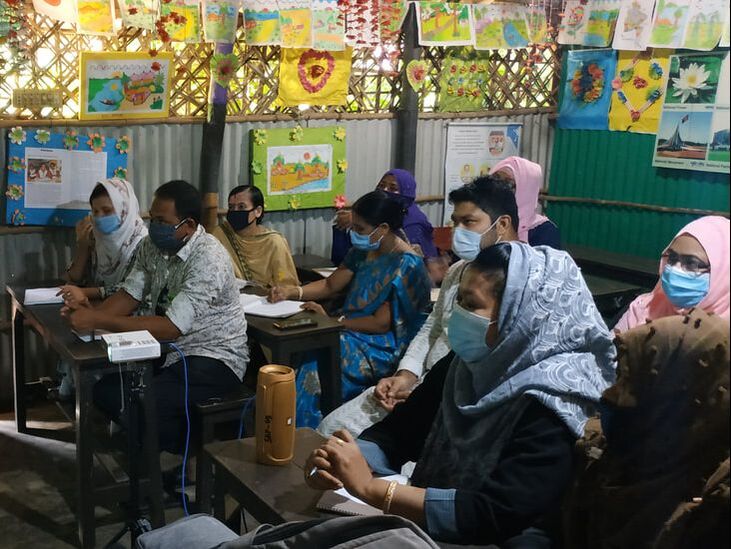
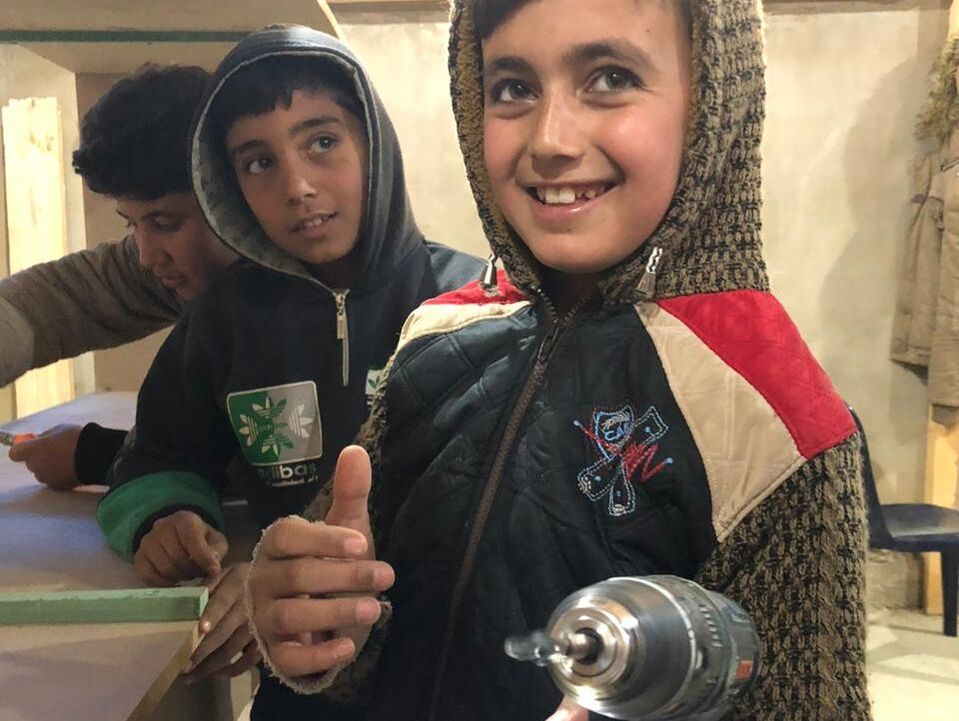
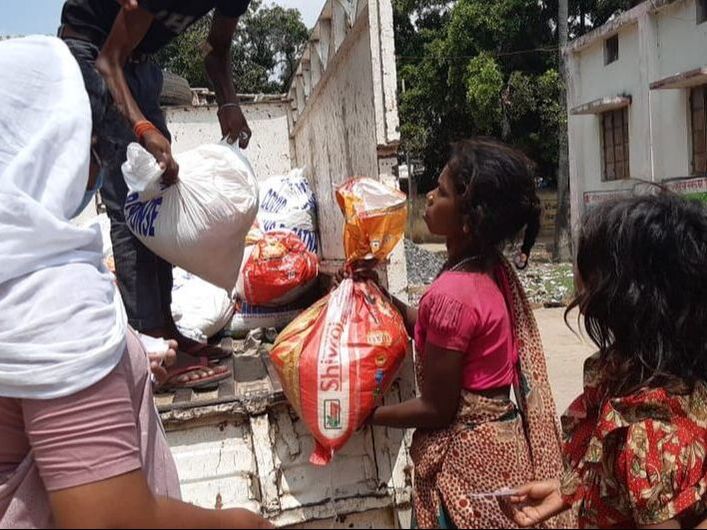
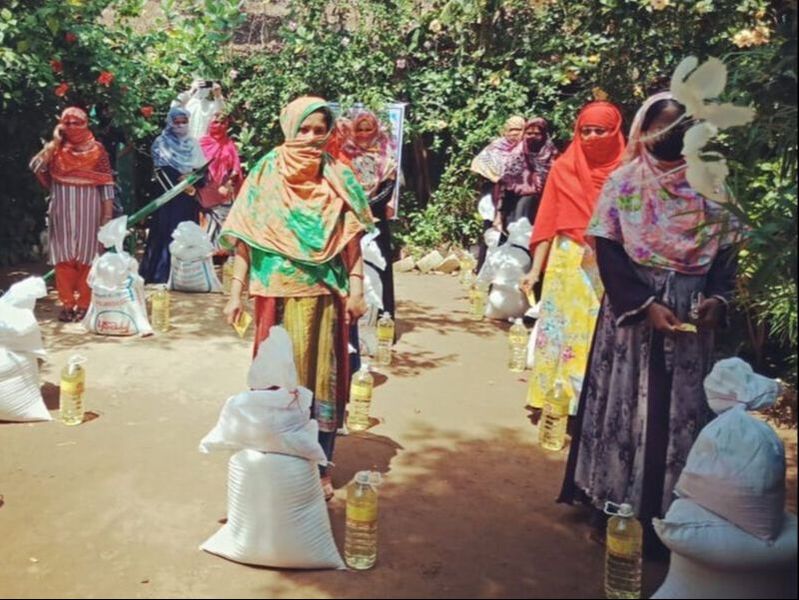
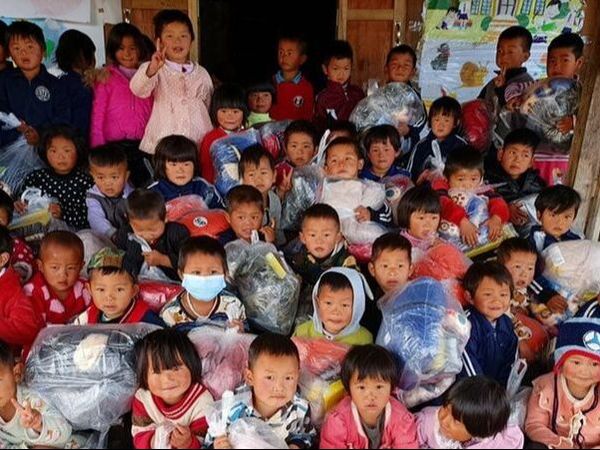
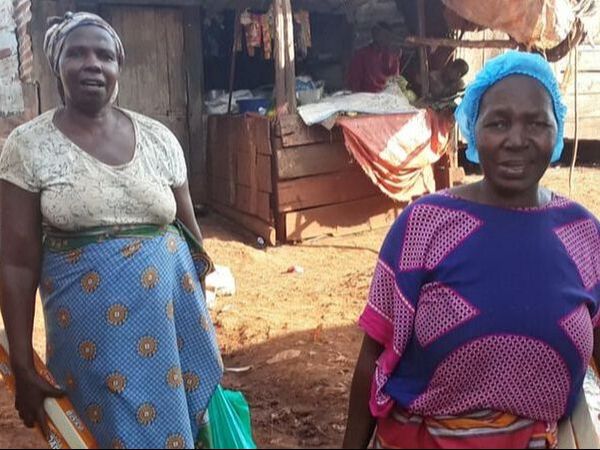
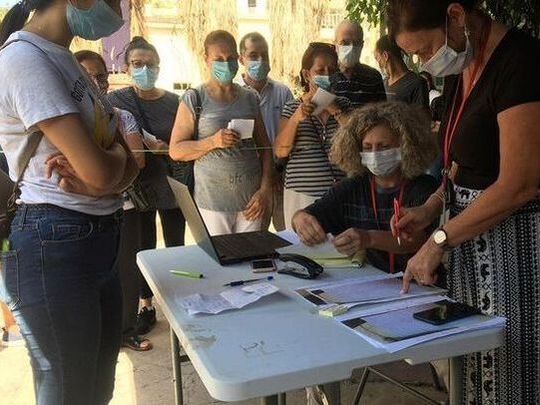
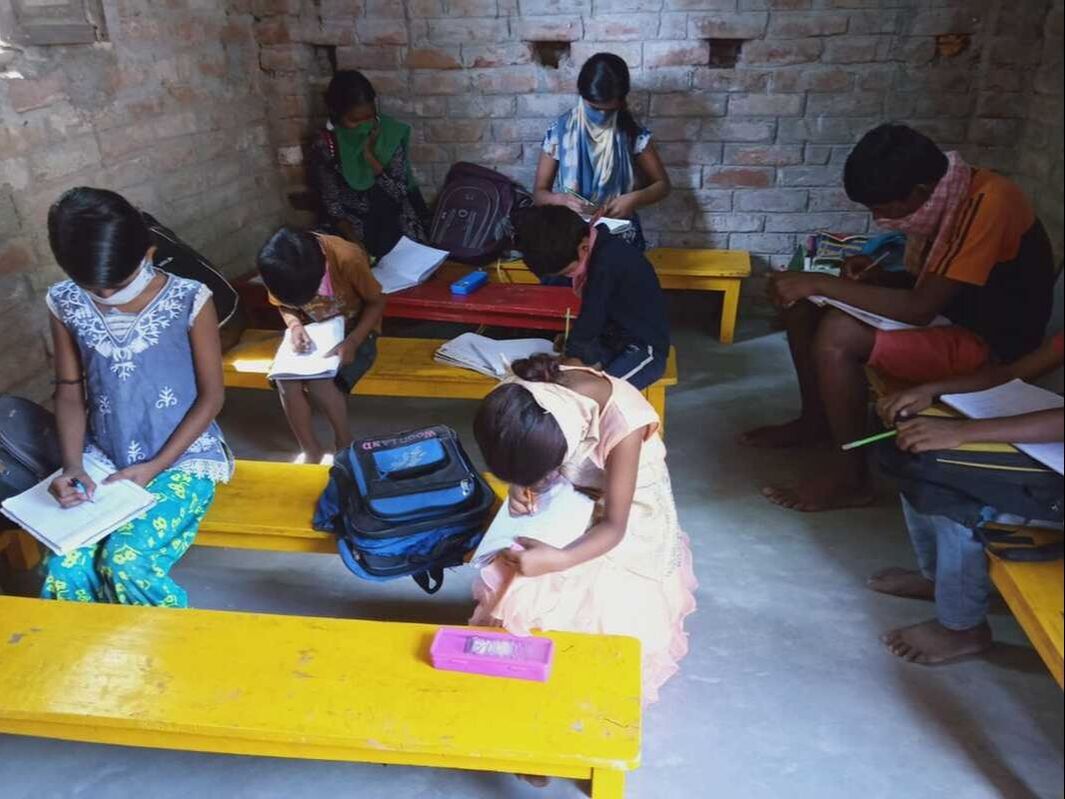
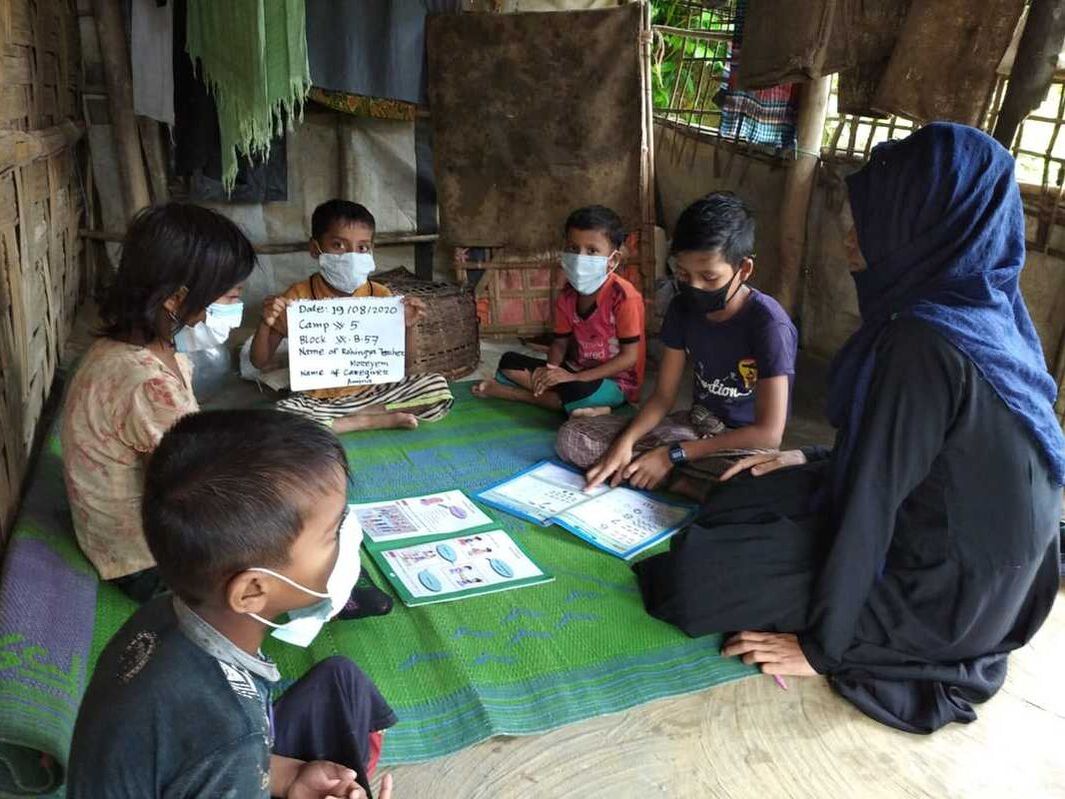
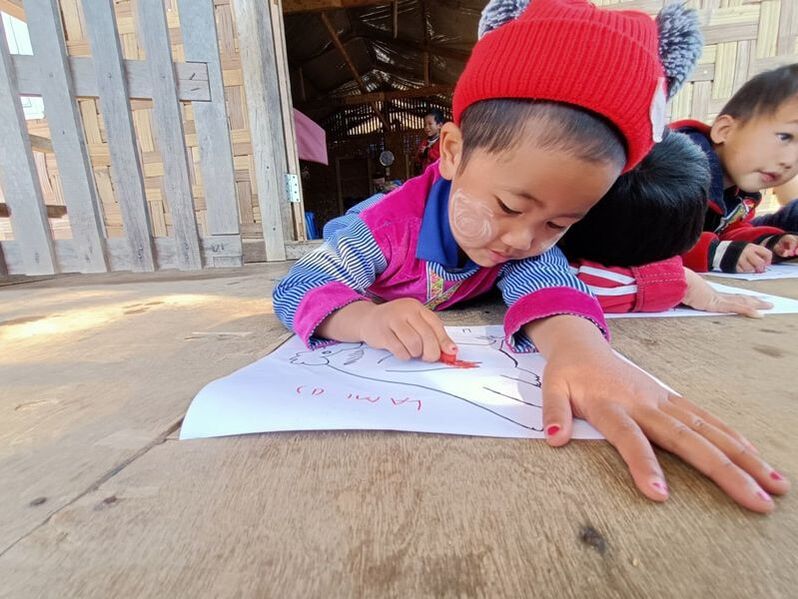
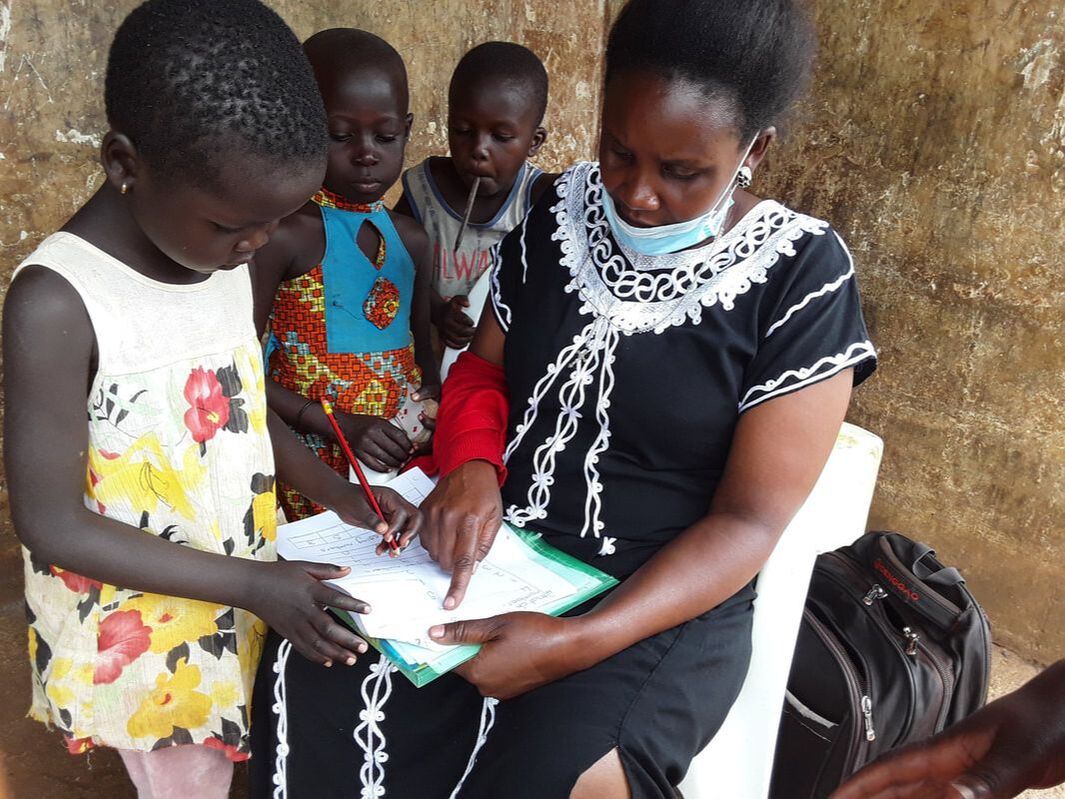
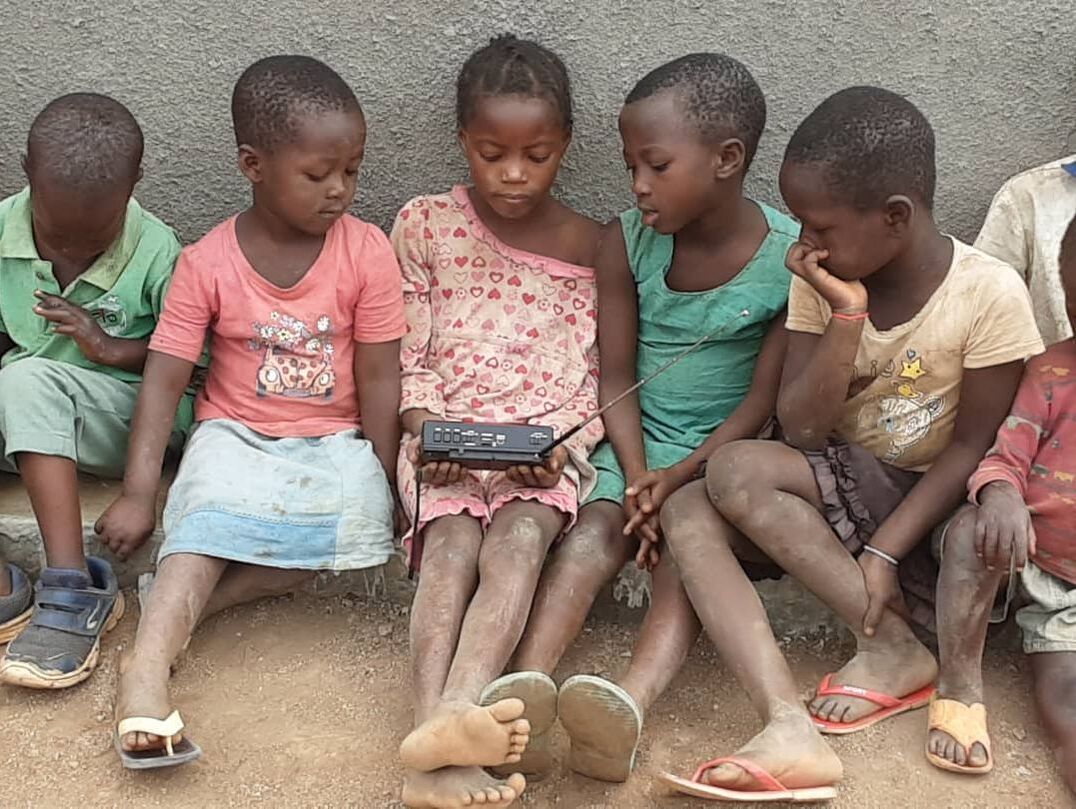
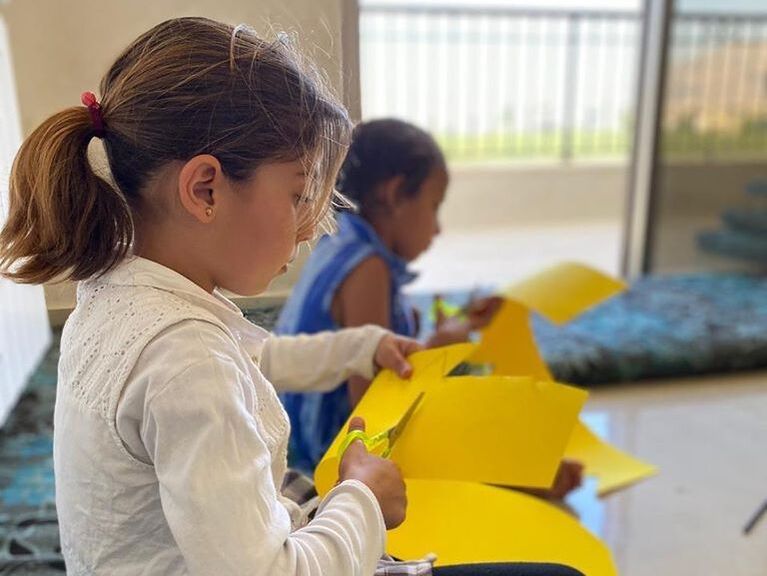
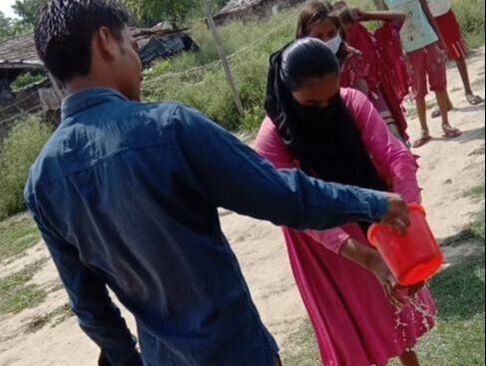
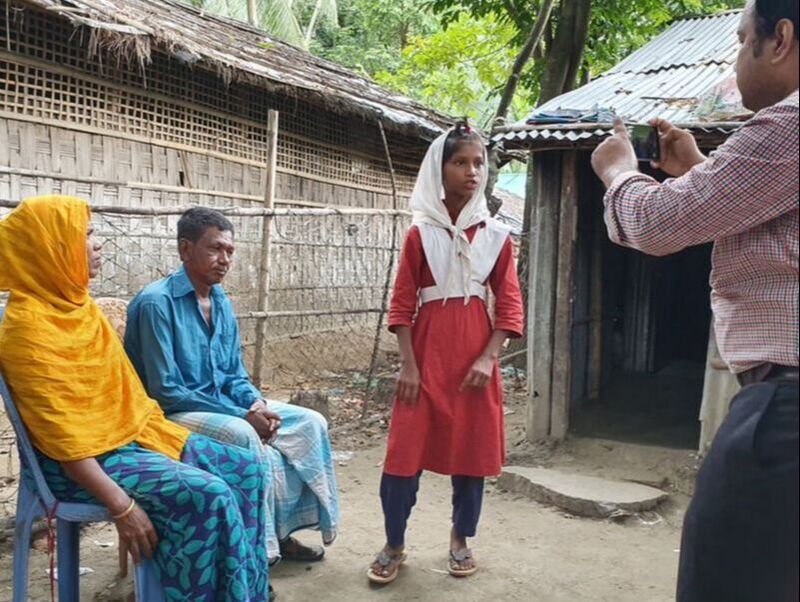
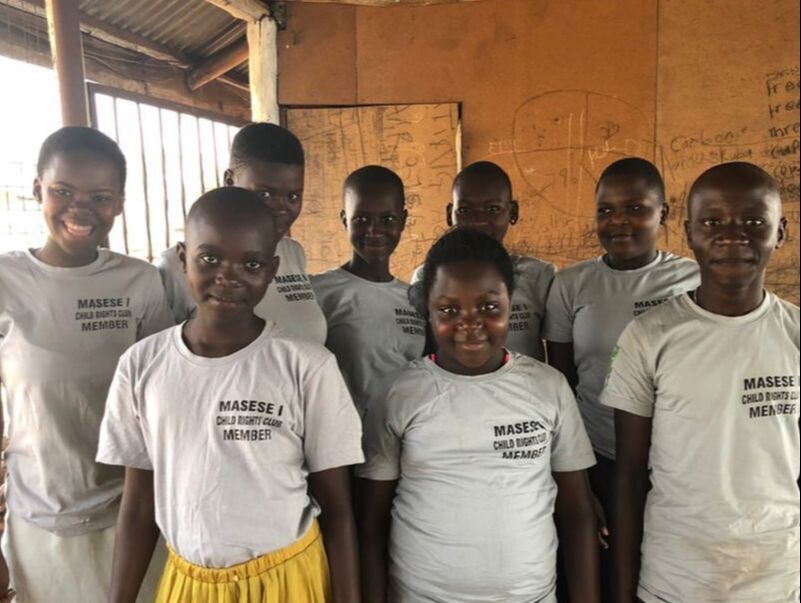
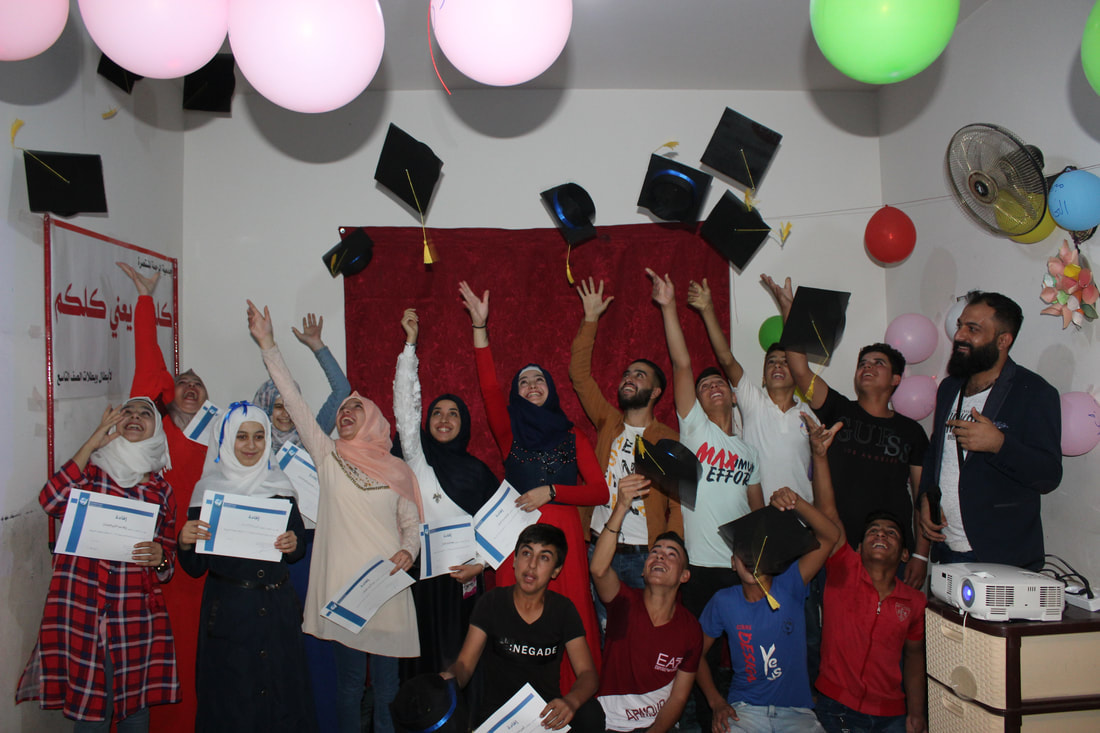
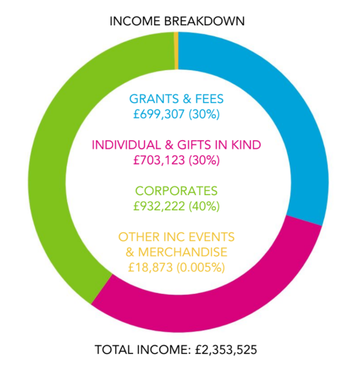
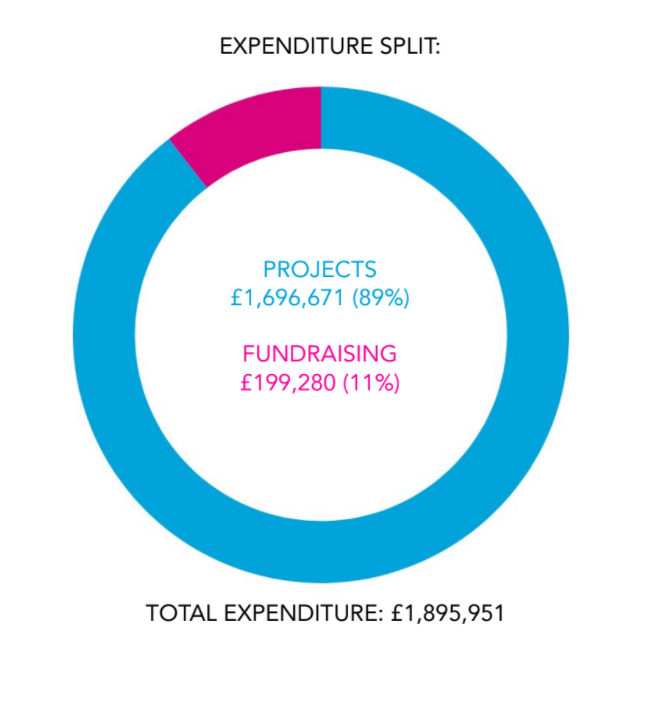
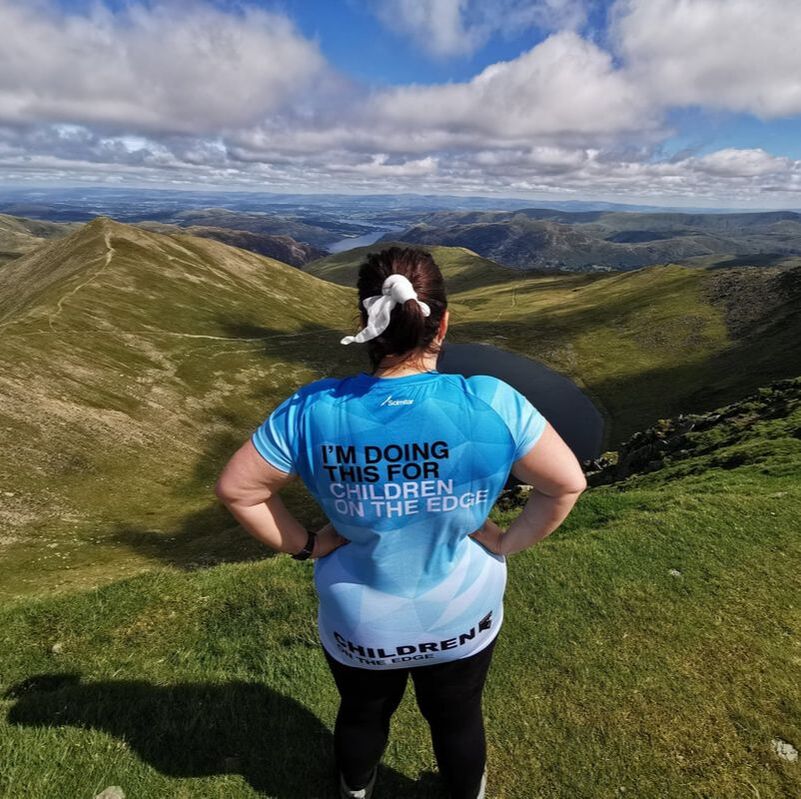
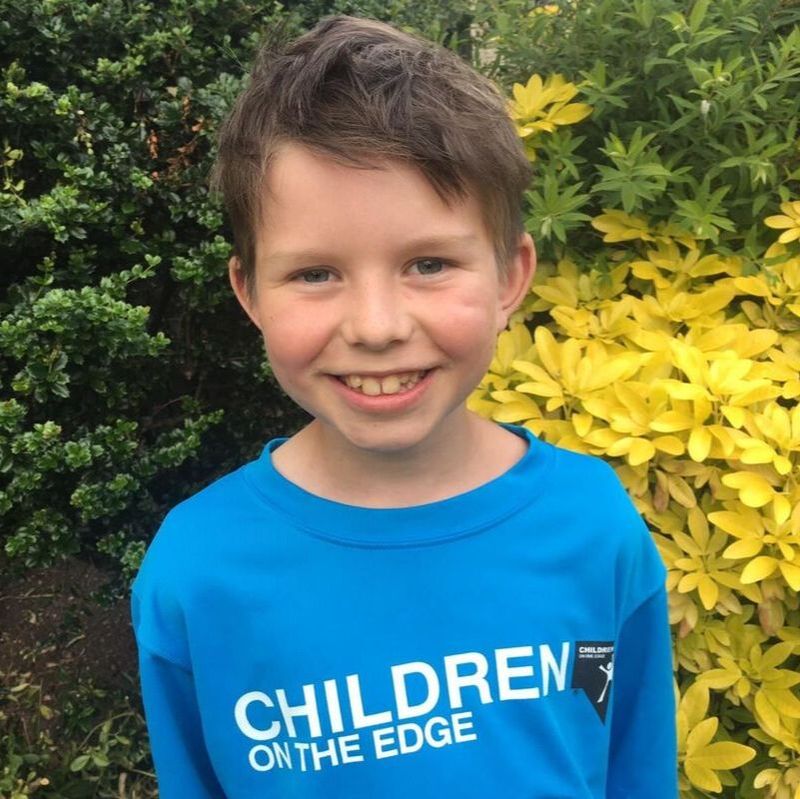
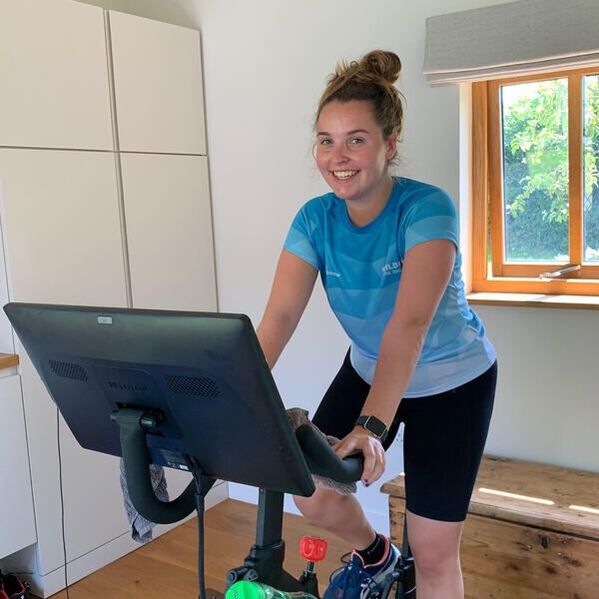
 Give monthly
Give monthly Fundraise for us
Fundraise for us RSS Feed
RSS Feed
